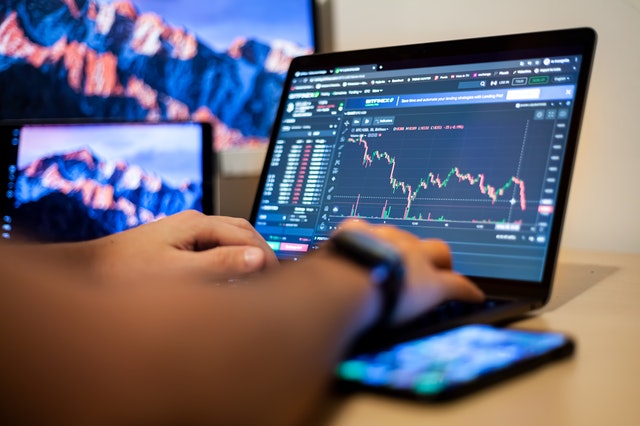The forex market is a breeding ground of millions of retail traders around the world, along with Central Banks, Government authorities, and international business firms. Trading in the forex market is not an easy task. It requires careful market analysis, and strategy formation. One of the most Read More
Who Is A Forex Broker?
The foreign exchange market is an online global market that can be accessible to retail traders only through the platform provided by forex brokers. Independent access to the foreign currency market is not intended for dealers, especially retail traders. To connect these dealers to the financial market, a middleman is required. Brokers—companies that provide financial services—are the intermediates in this situation.
How To Select The Best Day Trading Broker?
Now that you know why we need a forex broker, it’s time we understand what we should look for in a forex broker.
-
Regulatory Compliance
The firm’s regulation status is a crucial factor to take into account when selecting a forex broker. Each nation has a separate regulatory body. Regulations typically have a number associated with them. For instance, a regulated broker in the US needs to be registered with the National Futures Association.
If you look at the “About Us” section of a broker’s website, you will see that they either listed their registration number or the name of the organisation with which they are registered. If not, don’t put your faith in that broker. A regulated broker is a crucial step to taking advantage of a secure trading environment where the trader need not worry about the security of their money or personal information. -
Required Tools and Features
Different account options are offered by each forex broker. A trader must take into account the following elements of brokers in addition to the special benefits each one offers: initial deposit requirements, commissions and spread, leverage and account margin, and simplicity of deposits and withdrawals.
-
Initial Deposit Requirements
Standard, mini, and micro accounts are available from many brokers, and the minimum initial deposit requirements vary. Select a broker and account type that are appropriate for your current financial situation, including your risk tolerance.
-
Commissions and Spreads
The spread is a currency pair’s price discrepancy between the ask and bid prices. While many brokers don’t charge commissions, they display bigger spreads. On the other hand, other brokers provide set commissions and tight spreads. Do thorough research, then shortlist the brokers you believe to be the best.
-
Leverage and Account Margin
Participants in forex trading may have access to leverage made available in their account, depending on the broker. Some brokers provide high leverage of up to 500:1 or more. But you should exercise caution. Leverage, however, can swiftly wipe out a trader’s account because it increases the likelihood of losses.
-
Deposits and Withdrawals
Each forex broker has unique funding and account withdrawal rules. Due to the fact that different brokers accept various transaction methods, the depositing and withdrawing process can change from broker to broker. For either service, the broker may also charge a fee. A trader must conduct thorough study to determine which broker’s terms and conditions best suit their preferences.
-
-
Customer Service
Customers are important, yet many business owners overlook this. Since forex trading is conducted around-the-clock, a broker’s customer support team should be accessible at all times. A competent broker should make sure that getting in touch with them is simple and easy. Also take into account if the customer service offers calling features.. Email and live chat services should be available as additional communication alternatives.
Conclusion
The forex broker you choose to trade with is one of the most crucial decisions you must make if you want to thrive in the forex market as a day trader. Although the broker choice may not be the main factor in traders’ losses in the forex market, it does have a significant impact on their trading experience. Before engaging in live trades, it is highly advised for new traders to practise on demo accounts. The use of demo accounts will help new traders become familiar with the brokers as well as the market.

